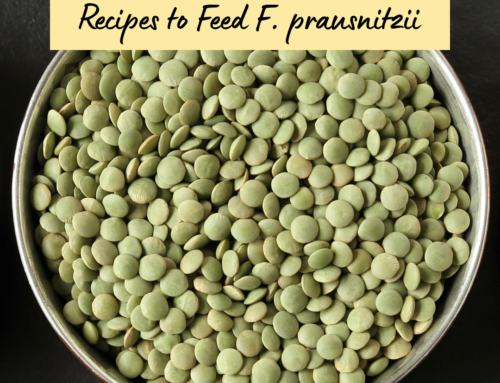You’ve likely heard of inflammation before – it seems to be on every health-food label these days.
But what exactly is it, and why is it problematic? Let’s dive in.
What is inflammation, and is it unhealthy?
Inflammation is how the body responds to damage of some sort. Essentially, it’s the activation of your immune system.
Scrape your knee? It will become red and “inflamed” because your body is at work fighting off invaders and repairing damage at the site.
Inflammation is marked by increased blood flow (the swelling), capillary dilation (the redness), and an increase or infiltration of immune cells to the area. These cells go to work killing invaders and repairing the damage.
You might be thinking – wait, I thought it was a bad thing!
Inflammation is essential in the short term – you’ve got to fight the bad guys off. But excessive or chronic instances are often maladaptive for health.
A chronic low-grade inflammatory state is a feature of many chronic conditions, such as metabolic syndrome, non-alcoholic fatty liver disease (NAFLD), type 2 diabetes mellitus, and cardiovascular disease.
In patients facing these diseases, addressing their chronic inflammation improves their state.
It’s apparent that chronic inflammation – instances that last for a long time – is not beneficial. So how does it come about in the first place?
How does gut flora impact inflammation?
You guessed it – gut health plays a role.
Gut flora impact inflammation through a complex interplay between microbiota and the host’s immune system.
An imbalanced microbiome, aka dysbiosis, often upregulates instances so that they become chronic. Think about it – your body is always focusing on fighting off those nasty, harmful bugs!
Dysbiosis-induced chronic instances play a role in several gastrointestinal disorders, from general GI discomfort to IBDs like ulcerative colitis.
Getting the microbiome right is integral to achieving healthy levels of inflammation.
Suppose you have dysbiosis. What can you do to regulate inflammation while you’re working on getting your gut health right?
- What are your tips to control it?
There are several steps you can take to reduce inflammation:
- Maintain a healthy weight
- Avoid antibiotics if possible
- Consume a diet high in plants
- Exercise regularly
- Consider a Mediterranean diet
- Consume plenty of polyphenols
- Avoid saturated fats
- Avoid trans fats
Quick note: polyphenols are anti-inflammatory compounds that come from plants. You can ensure that you’ve consumed an adequate amount by “eating the rainbow” – colors in plants represent their presence.
If you want to step up your game, talk with your health care professional about these supplements:
- Probiotics
- Prebiotics
- Resveratrol
- Curcumin
- Green tea
- Omega 3
Tag us in your digestive health journey on Instagram @igynutrition! Happy mixing.




